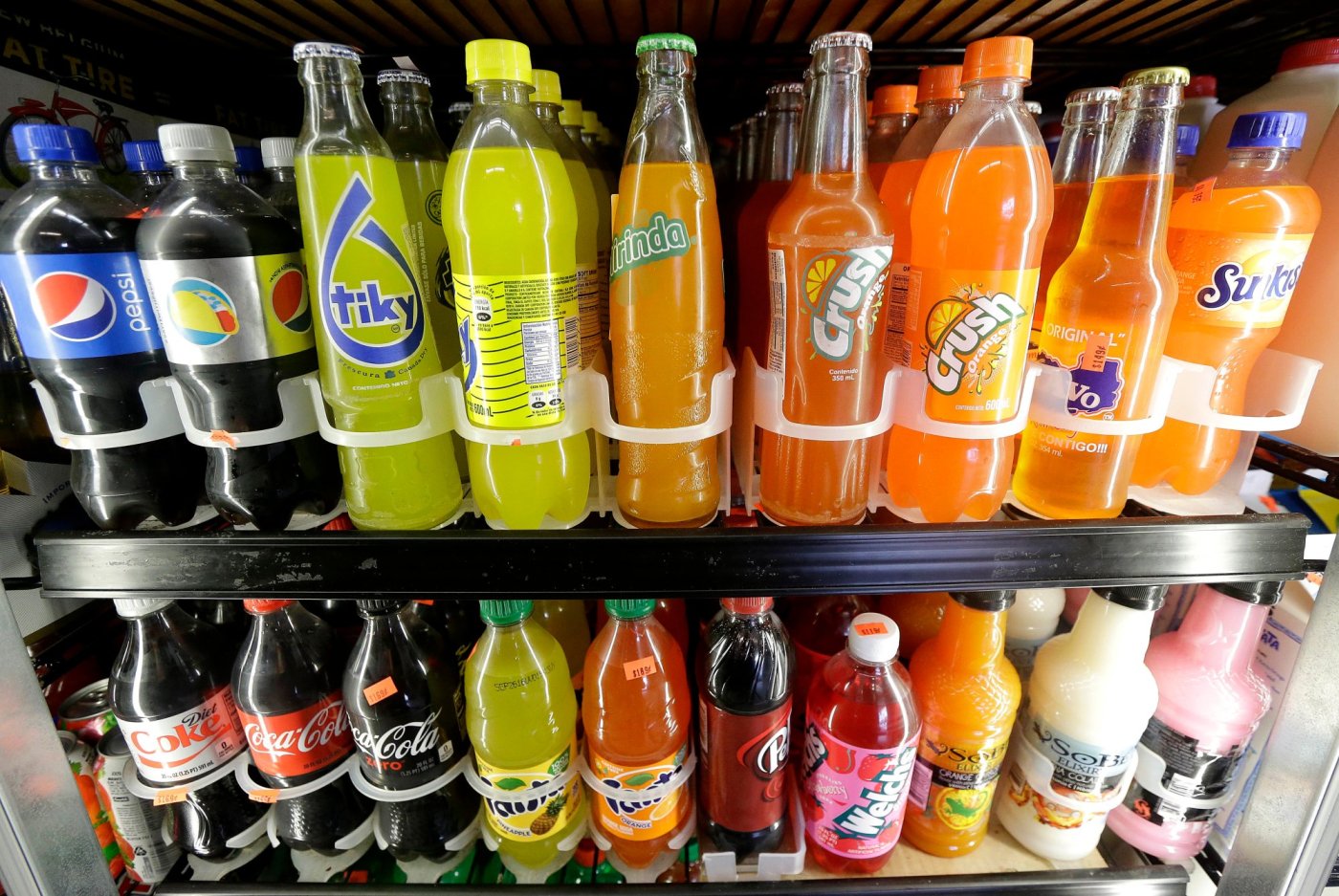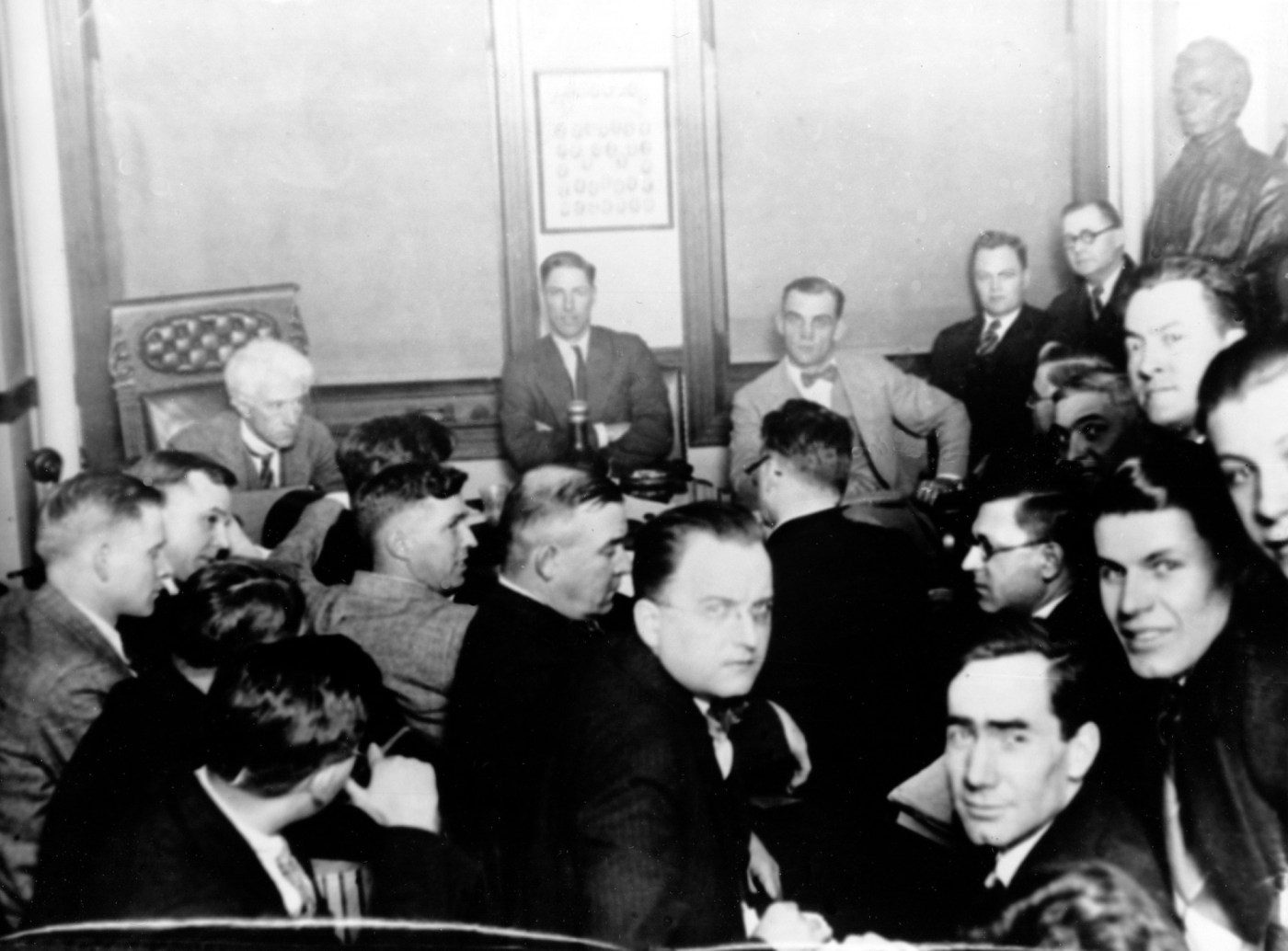SANTA CRUZ — The American Beverage Association, alongside a group of grocers, retailers and restaurant owners, filed a lawsuit Wednesday against the city of Santa Cruz in Sacramento Superior Court, challenging the city’s recently enacted sugar-sweetened beverage tax.
The plaintiffs argue that the city’s tax conflicts with state law and violates the California Constitution. They are asking the court to declare the tax unenforceable and to require the city to refund all money collected from the tax since it went into effect earlier this month.
Related Articles
Seven ways Trump’s tax and spending bill could affect Californians
California businessman who bought Rolls-Royce, Ferrari, gets 8 years in $30 million tax fraud
Opinion: There’s a simple solution to child poverty: Expand the child tax credit
Things to know about ‘no tax on tips,’ Trump’s tax pledge that’s included in GOP budget bill
Speaker Johnson and Republicans head to the White House as Trump’s tax breaks bill hits trouble
The firm Latham and Watkins LLP filed the lawsuit on behalf of the plaintiffs: the American Beverage Association, California Hispanic Chambers of Commerce, California Alliance of Family-Owned Businesses, California Chamber of Commerce, California Fuels and Convenience Alliance and the California Grocers Association.
“Through representing the interests of over 950,000 Hispanic-owned businesses in California, we see first-hand the challenges faced by small, community-based businesses that are up against inflation, labor shortages and the extraordinary high cost of doing business in California,” said Julian Cañete, president of the California Hispanic Chambers of Commerce. “Santa Cruz illegally sidestepped the state legislature’s popular and much-needed preemption of grocery taxes to impose new costs on working families and local Hispanic-owned businesses. It must be overturned.”
The general tax of two cents per fluid ounce is paid by distributors of sugar-sweetened beverages and is estimated to generate about $1.3 million annually for the city’s general fund. It includes a small business exemption for those with less than $500,000 in gross annual revenues.
Santa Cruz Vice Mayor Shebreh Kalantari-Johnson, who was part of the Yes on Measure Z for a Safe and Healthy Santa Cruz campaign, pointed out that the tax was approved by a majority of Santa Cruz voters.
“We still see this as a clear win for public health and our community’s actions through approving this tax have major implications for cities throughout the Country,” said Kalantari-Johnson. “Measure Z is a reinvestment in the well-being of our community and, not allowing special interests to dictate our local democratic process — we stand with our voters.”
Like the lawsuit filed Wednesday, the opposition campaign to the tax, Coalition to Keep Santa Cruz Affordable, argued that the measure violates the 2018 Keep Groceries Affordable Act, which banned cities from enacting local taxes on groceries, including beverages.
“Grocers operate on razor-thin margins and strive daily to keep prices as low as possible for the communities they serve,” said California Grocers Association President and CEO Ronald Fong in a statement. “By passing this illegal tax, Santa Cruz is risking even higher prices while hurting its ability to retain and attract new grocery stores.”
The law included a penalty provision that would take away all of a city’s sales and use tax revenue if any charter city attempted to implement a grocery-related tax such as the sugar-sweetened beverage tax. However, in March 2023, the California Third District Court of Appeals found that charter cities such as Santa Cruz cannot be financially penalized by the state for lawfully implementing a sugar-sweetened drink or soda tax on residents.
In June 2024, the council approved the placement of a sugar-sweetened beverage tax proposal on the November ballot. It became known as Measure Z, which passed by a slim margin. According to the Santa Cruz County Elections Department, 15,780 votes were counted in favor of the ballot initiative, or about 52%, and 14,364 votes, or approximately 48%, were counted against the passage of Measure Z.
Santa Cruz City Manager Matt Huffaker told the Sentinel that he wasn’t surprised by the lawsuit and stands by the tax and its legality.
“The City has not yet been served with the complaint, but no one is surprised that big soda, after having spent millions to stop the measure unsuccessfully, may be seeking to overturn the tax that the majority of Santa Cruz voters supported. We are confident that charter cities like Santa Cruz have the right to impose and enforce this type of tax.”





